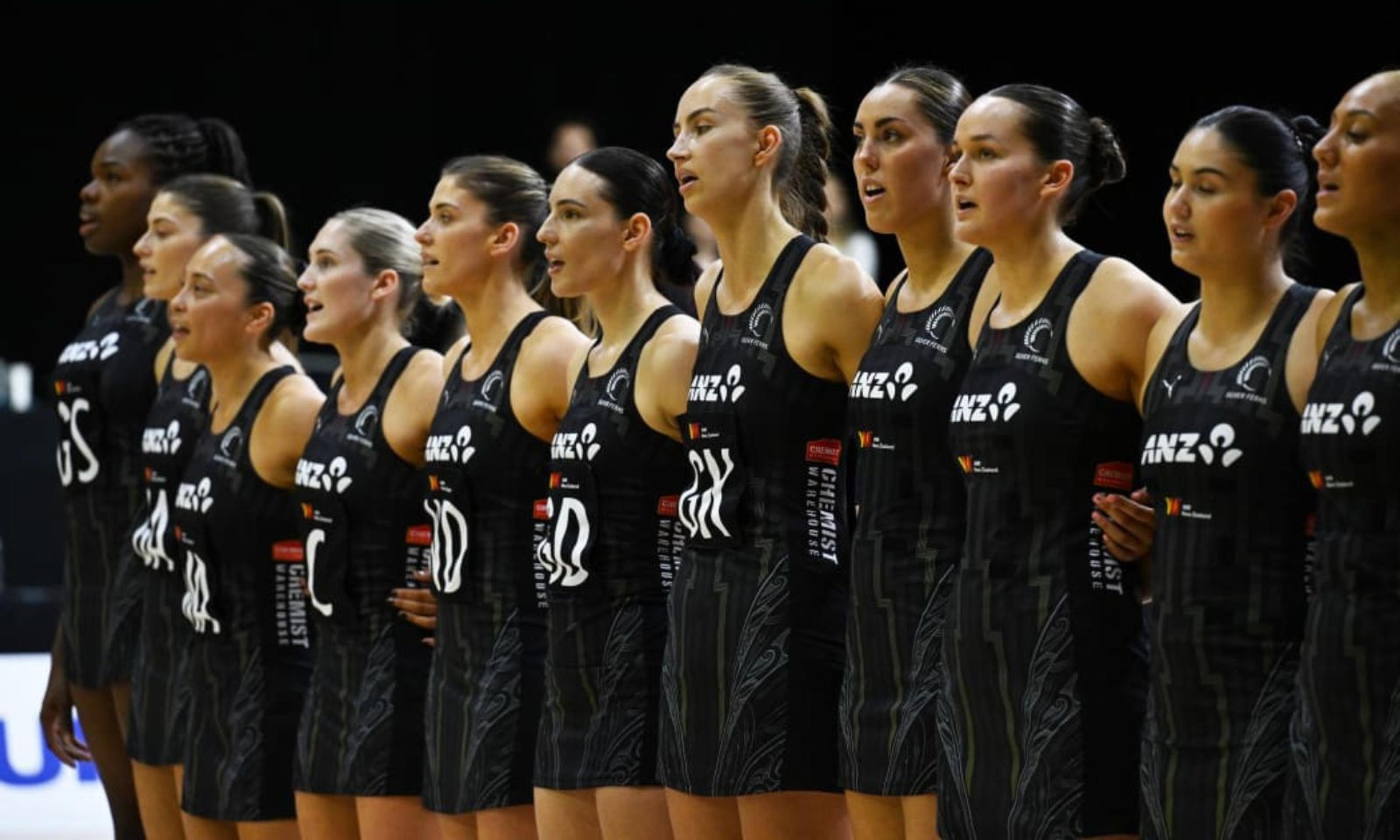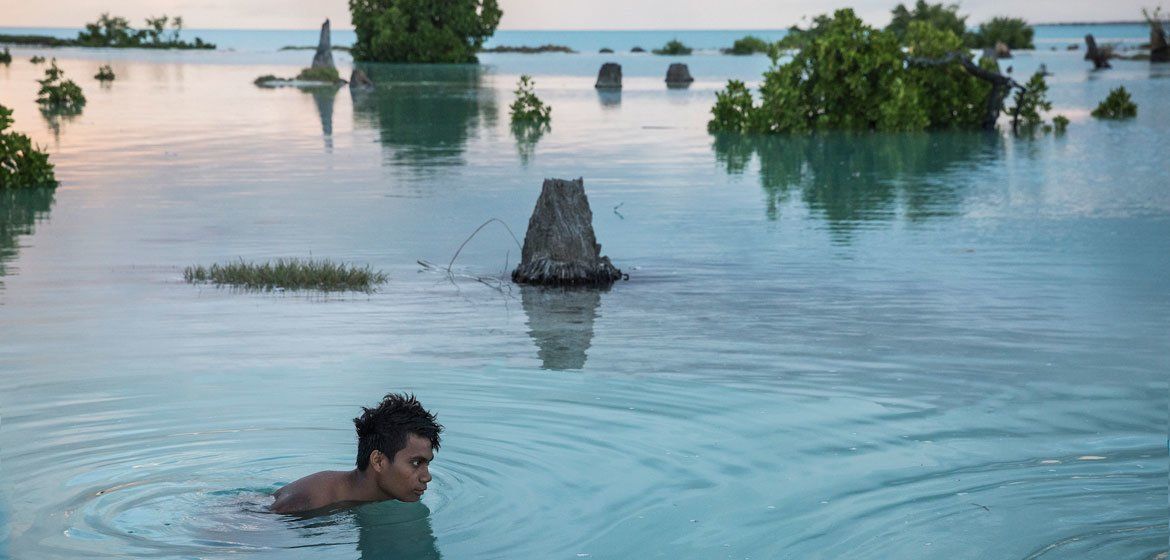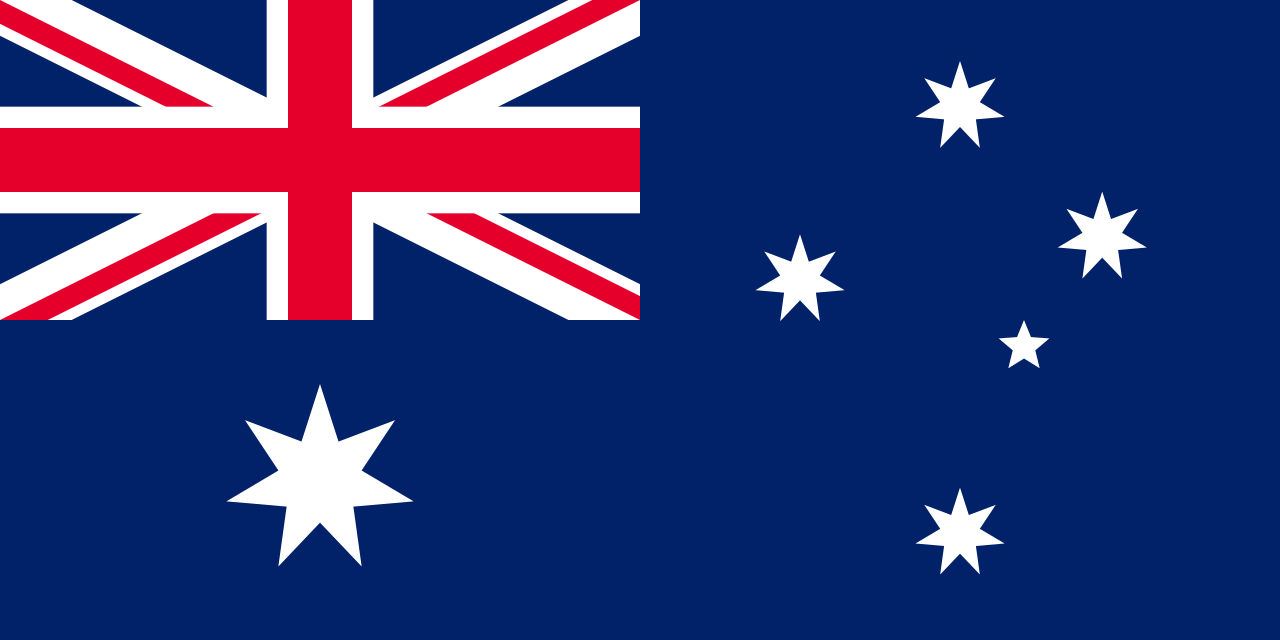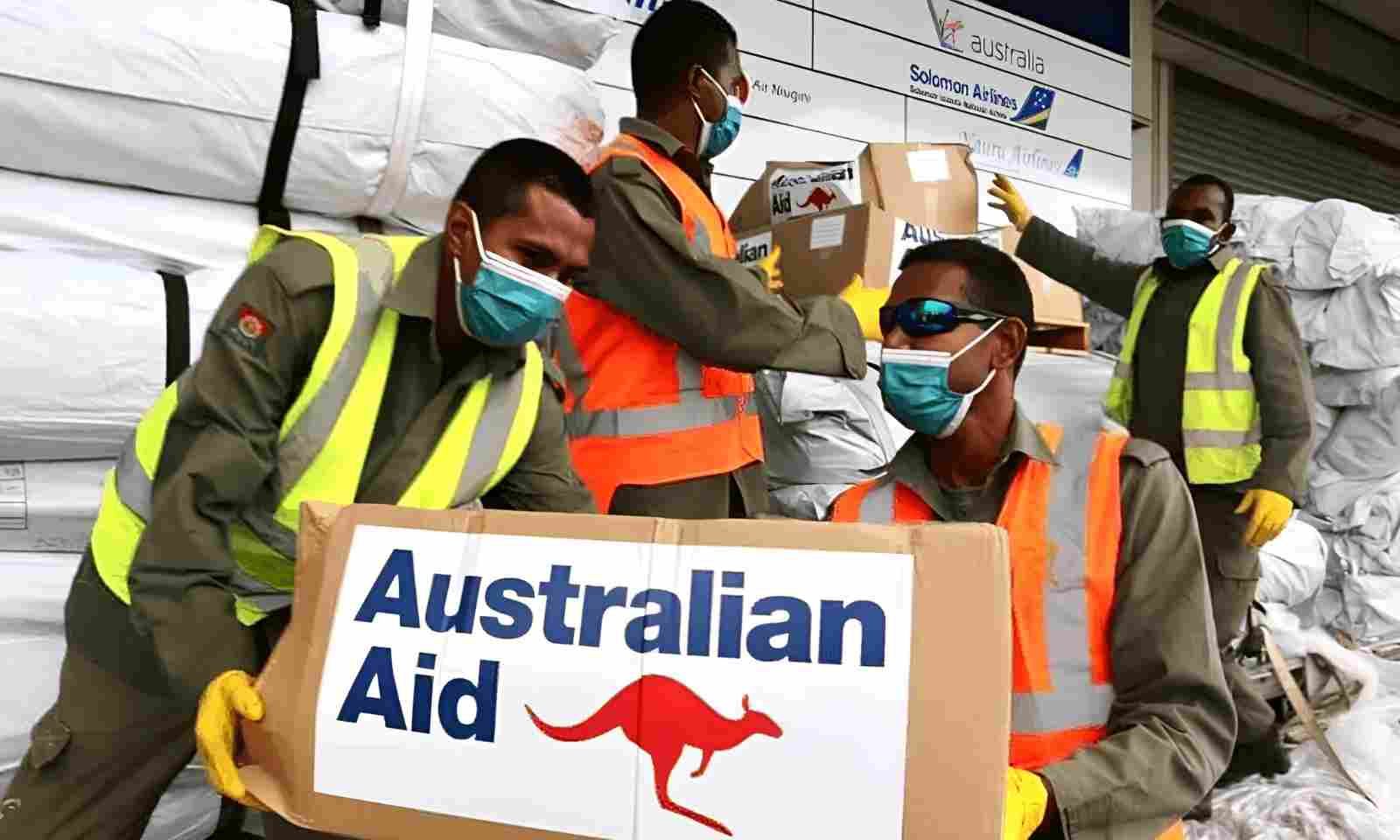

Peter Dutton and Anthony Albanese: Australians will know Saturday night who will be their next leader.
Photo/sydney.edu.au
Australia's election: Crucial decision for future Pacific relations
Key issues include the cost of living, housing, and immigration - a contrast from 2022's focus, which was on foreign policy due to geopolitical tensions.




Fiji’s former Prime Minister and police chief charged with inciting mutiny

Immigration reassesses toddler's declined visa request as Children's Commissioner steps in


US funding cuts threaten to 'dry up' future of Pacific scientists - expert


Fiji’s former Prime Minister and police chief charged with inciting mutiny

Immigration reassesses toddler's declined visa request as Children's Commissioner steps in
Today marks an important day in Australia as nearly 18 million citizens go to the polls to choose their next leader.
More than 7000 polling stations across the country are open from 8am to 6pm (10am to 8pm in New Zealand). Many Australians have already voted early, with around 4.8 million casting their ballots before election day.
After a long campaign filled with debates and political manoeuvring, voters now have to choose between the current Prime Minister, Anthony Albanese, from the Labor Party, and opposition leader Peter Dutton from the Liberal-National Coalition.
Political expert Tess Newton-Cain says the campaign has mainly focused on everyday issues, such as the rising cost of living and housing prices.
She says this election, while perhaps less attention-grabbing than 2022, is also crucial for discussing migration from Pacific countries.
In an interview with William Terite on Pacific Mornings, Newton-Cain says Saturday's vote will also affect the Pacific region, where Australia remains the number one aid donor.
Canberra's support to national budgets, health programmes, education, and sports means the results will shape lives in the region.
Newton-Cain points out that this election feels more typical than the previous one, which was heavily influenced by foreign relations, particularly Australia’s ties with the Solomon Islands and China. This time, the focus is back on domestic concerns.
"In 2022, the normal run of things was kind of upended by Solomon Islands signing a security agreement with China, which brought foreign policy and Pacific policy front and centre into the middle of the election campaign.
Watch Tess Newton-Cain's full interview below.
“We haven't really seen that this time. I've heard some people describe it as quite parochial.”
Newton-Cain also highlights the importance of Australia’s relationship with neighbouring Pacific nations, saying Australia plays a big role in supporting these countries through financial aid.
She says those in the Pacific region are closely watching this election because they prefer which party might lead to better outcomes for them.
"The foreign minister of Papua New Guinea, Justin Tkatchenko, was quite blunt in saying that he hoped Prime Minister Albanese would retain leadership because he felt that he'd [Albanese] done an awful lot of great work for Papua New Guinea and for the rest of the region.”
Palau’s President Surangel Whipps Jr criticised Dutton’s past comments on climate change, a pressing issue for the region.

Former Solomon Islands prime minister Manasseh Sogavaresigned a security agreement with China, which brought foreign policy and Pacific policy front and centre of the campaign. Photo/Photo/Office of the President, Republic of China (Taiwan)
Dutton's Coalition has promised to increase funding for infrastructure projects in the Pacific, from A$3 billion (NZ$3.25b) to A$5 billion (NZ$5.4b), signalling that both major parties are committed to helping the region.
There’s a shared goal of ensuring security against China’s influence, but some community groups wish for more investment in longer-term solutions rather than short-term projects.
If Albanese and Labor remain in power, Newton-Cain says expectations will grow for more ambitious plans, especially climate action and easing visa restrictions for people from the Pacific.
She says many regional leaders seek these changes, emphasising Australia's need to take stronger steps on climate policy and migration.
"We've heard that from Jotham Napat, the Prime Minister of Vanuatu. We've heard it from Biman Prasad, Deputy Prime Minister in Fiji. And they're not alone in those things around the visa access.”

Climate change key issue for Pacific island nations. Photo/UNICEF
Some important points emerge when discussing what a government led by Peter Dutton might mean for the Pacific Islands. One key issue is climate change policy.
Newton-Cain says that if the Liberal National Party (LNP) comes to power, it may not support hosting COP31, a global conference on climate change that has yet to be finalised.
She says the previous Labor government had been pushing for this conference to take place in Australia next year, reflecting their commitment to climate discussions.
But Dutton and his team believe that focusing on lowering energy prices for Australians would be more beneficial than spending on international conferences.
Newton-Cain says this could cause friction with Pacific nations that expect Australia to take a strong stance on climate issues. Dutton's plan to introduce seven nuclear-powered reactors raises concerns in the Pacific, especially for countries like the Marshall Islands and Kiribati that have had negative experiences with nuclear fallout.
Newton-Cain says another area of concern is immigration and how changes to visa policies could affect Pacific Island nations. The Pacific engagement visa programme has been a popular way for people from these countries to migrate to Australia, with many applications but only a limited number of spots available.

Many Australians have already voted early, with around 4.8 million casting their ballots before election day. Photo/wikipedia
The opposition party has previously opposed this visa programme and suggested they would review it if they came into power. This uncertainty concerns many, Newton-Cain says, as it could lead to fewer protections for Pacific workers and potentially allow farmers to hire cheaper labour from Southeast Asia, reducing opportunities for Pacific workers.
There’s also the question of how interested Australian voters are in international policies, particularly when domestic issues like the cost of living and housing are at the forefront.
In past experiences, US politics has shown voters focus more on local concerns than foreign affairs. Newton-Cain says it's the same in Australia. “It's certainly the case that foreign policy generally does not feature, and the Pacific has minimal bandwidth.
"The only reason the Pacific gets any attention is when it's framed through a security lens, which will continue, regardless of who's in government," she says.
“That's the easiest way or the most effective way to justify engagement and particularly spending in that region, as [Senator] Penny Wong has framed it - an ongoing contest between Australia and China for influence in the region.
"Australian voters are focused on things much closer to home, like the cost of living, the cost of housing or access to housing. There has been some concern about immigration because of the effect that it has on domestic infrastructure and service delivery.”

Regardless of the election outcome, Pacific leaders are looking for long-term commitments in development funding and more ambitious climate policies. Photo/DFAT
Newton-Cain says that maintaining and strengthening relationships with Pacific Island nations, which have historically relied on Australia as a crucial partner, will be a significant challenge for the next Australian prime minister.
This means not only making promises but also showing consistent support by being present in the region.
"If it's a meeting, a ministerial meeting, the minister goes to the ministerial meeting and sits in Suva or Apia or Honiara or wherever it is with his or her ministerial colleagues from around the region and develops those relationships."
She says Australia’s geographical and historical ties mean it cannot afford to step back; instead, it needs to ensure that its connections with the Pacific remain strong and proactive, avoiding the pitfalls seen in other countries' foreign engagements.

Close to 18 million Australians will vote for their new leader this weekend. Photo/Supplied
What’s at stake?
Voters will elect representatives for the House of Representatives and the Senate.
The House, which will have 150 MPs this year due to redistricting, initiates most laws and requires a majority of 76 seats to form a government.
If no party wins outright, the party with the most seats may form a minority government with smaller parties or independents.
The Senate, with 76 elected senators serving six-year terms, reviews laws from the House. This year, 40 seats are available.
Voting options include early voting in Australia, overseas centres, postal voting, and locations in remote areas. These closed on Friday.